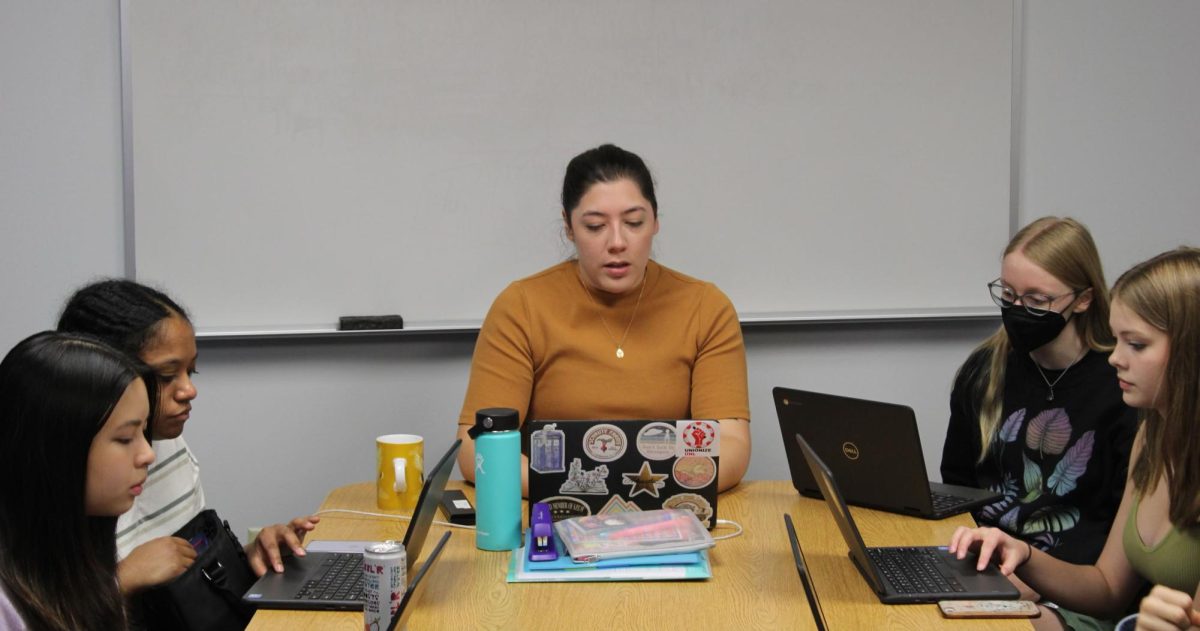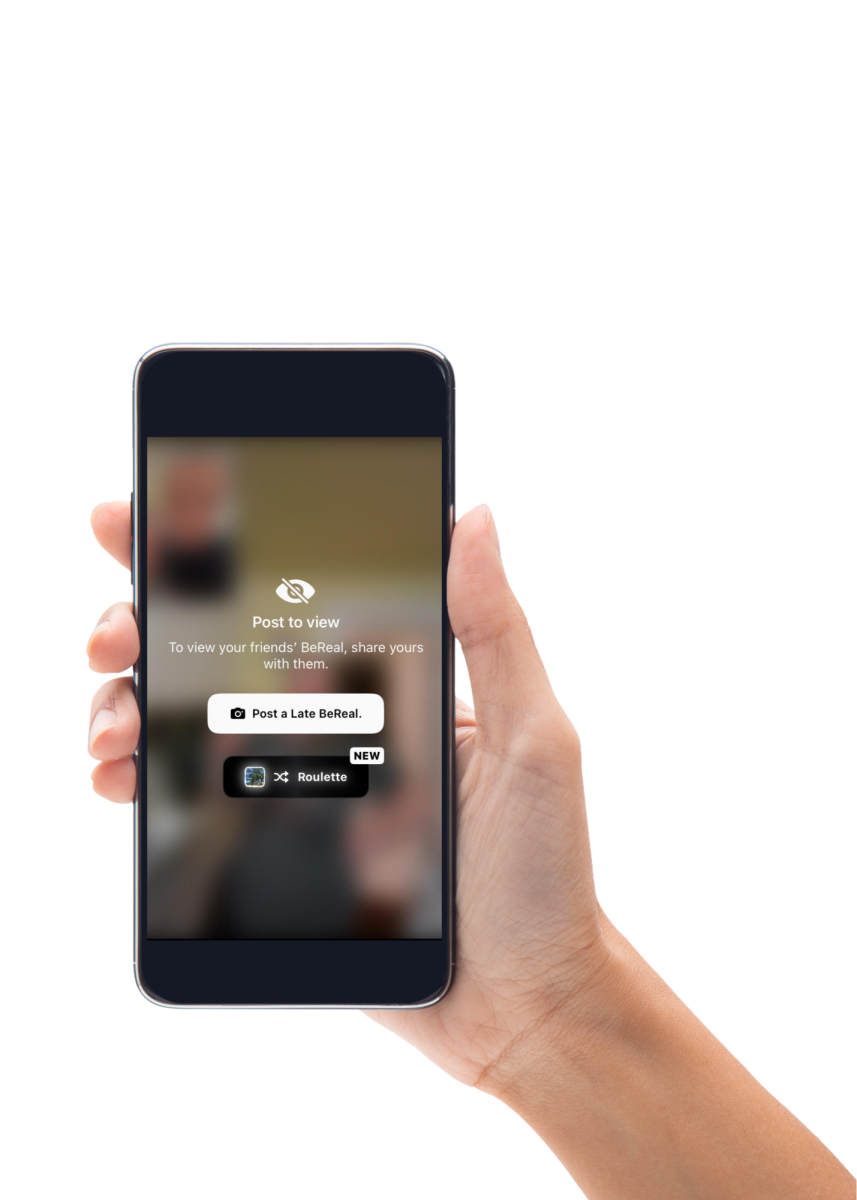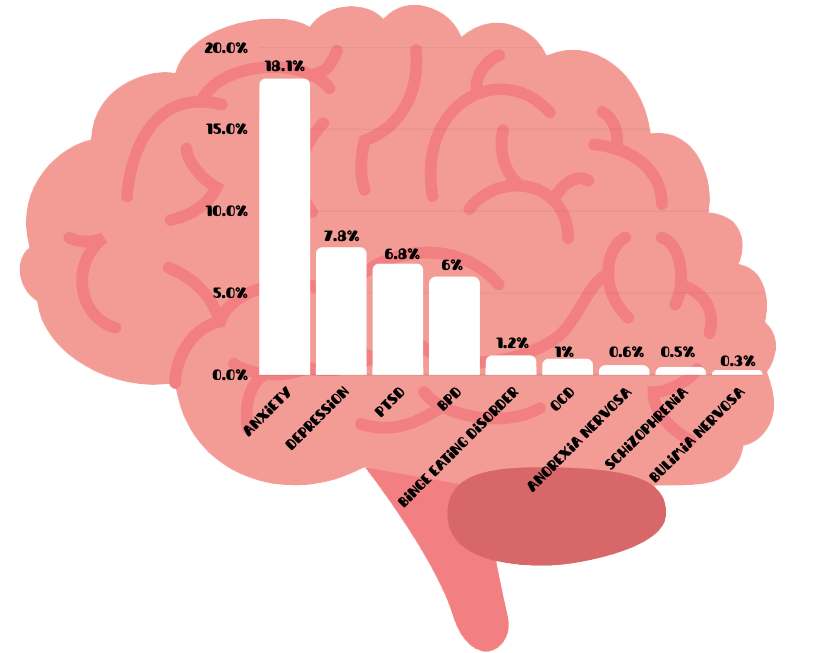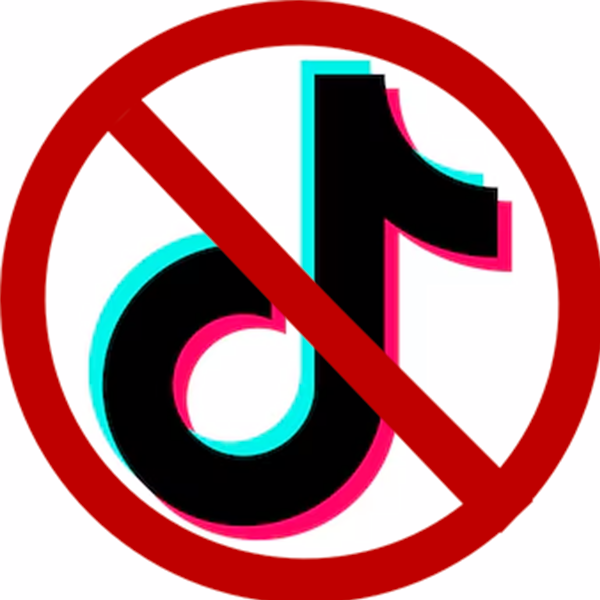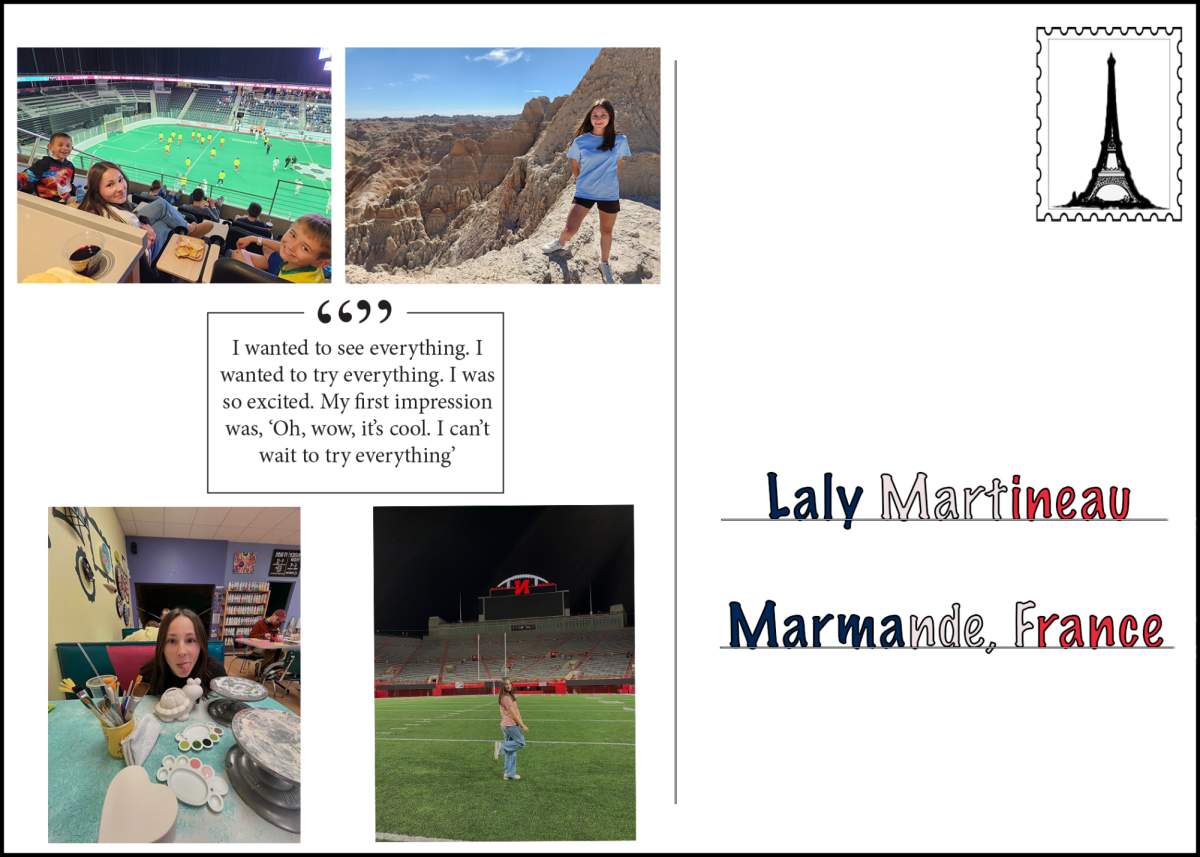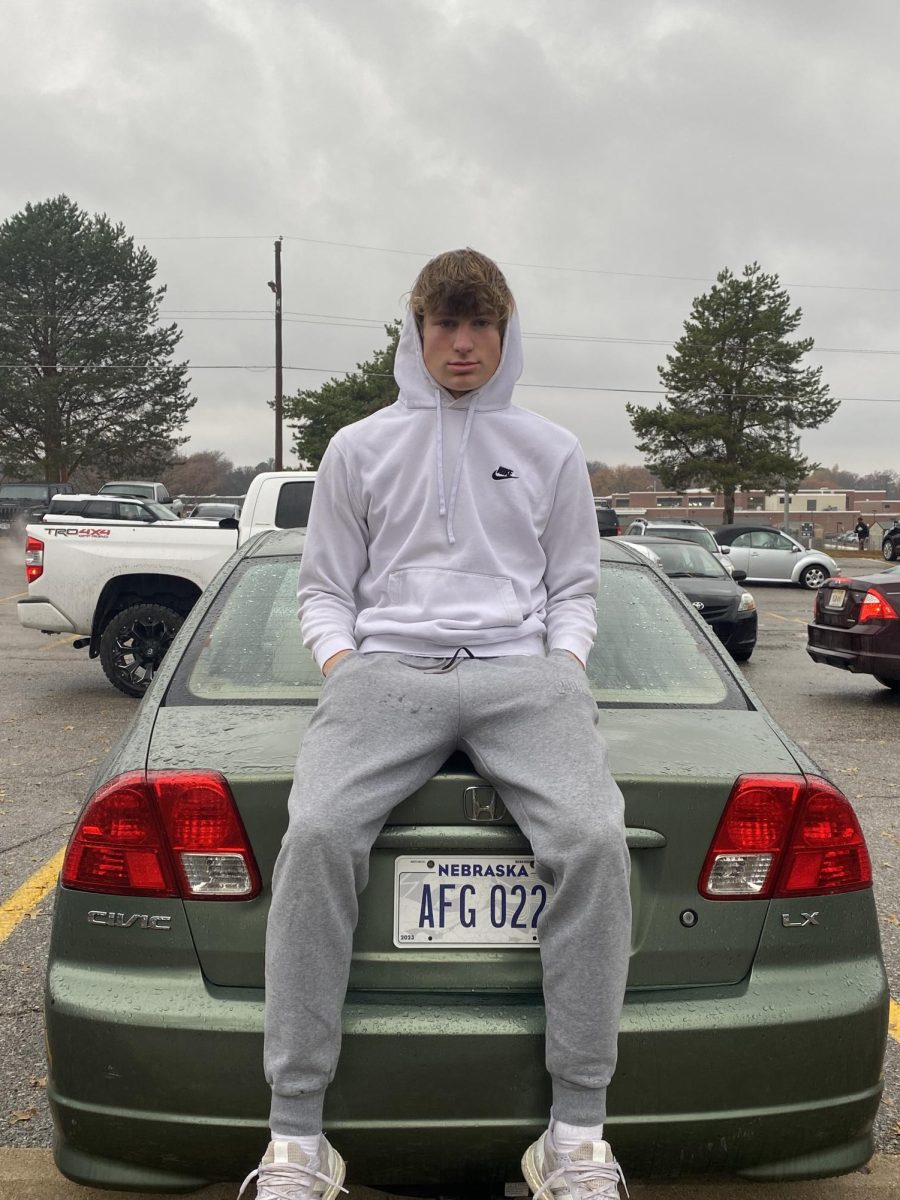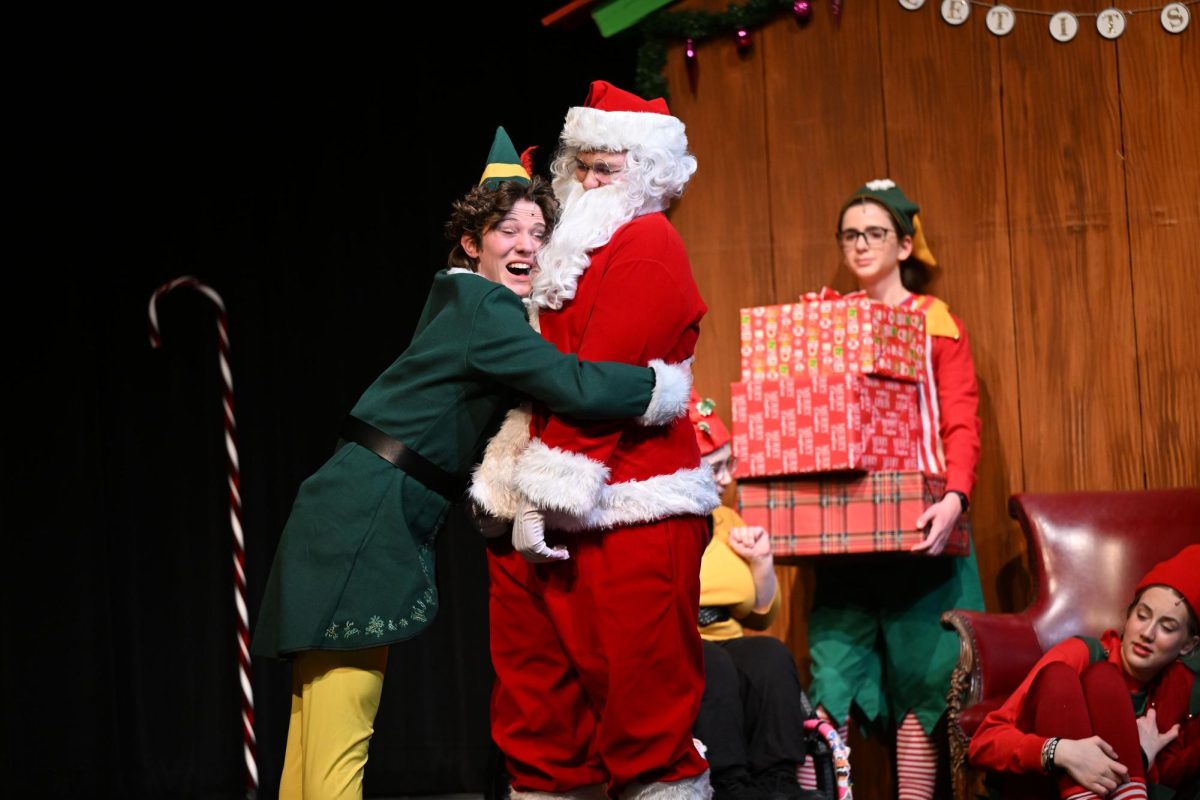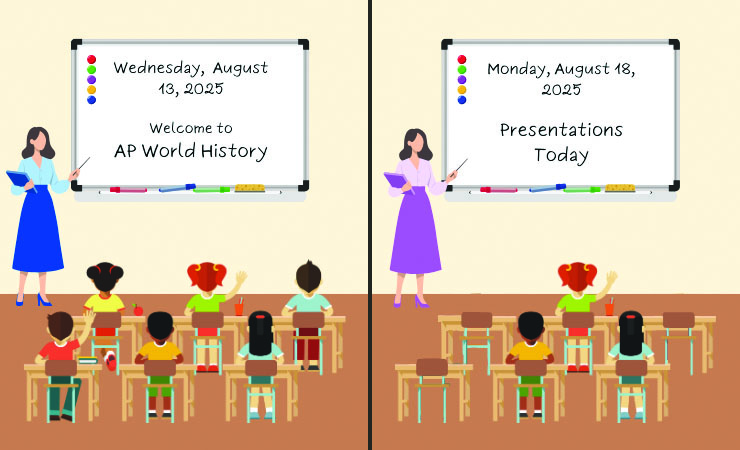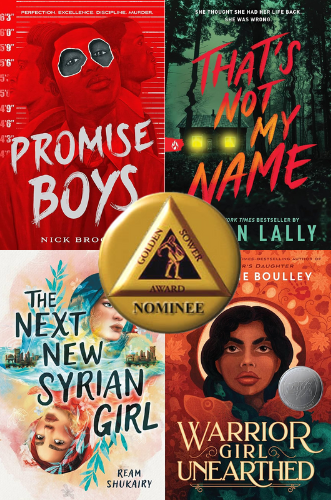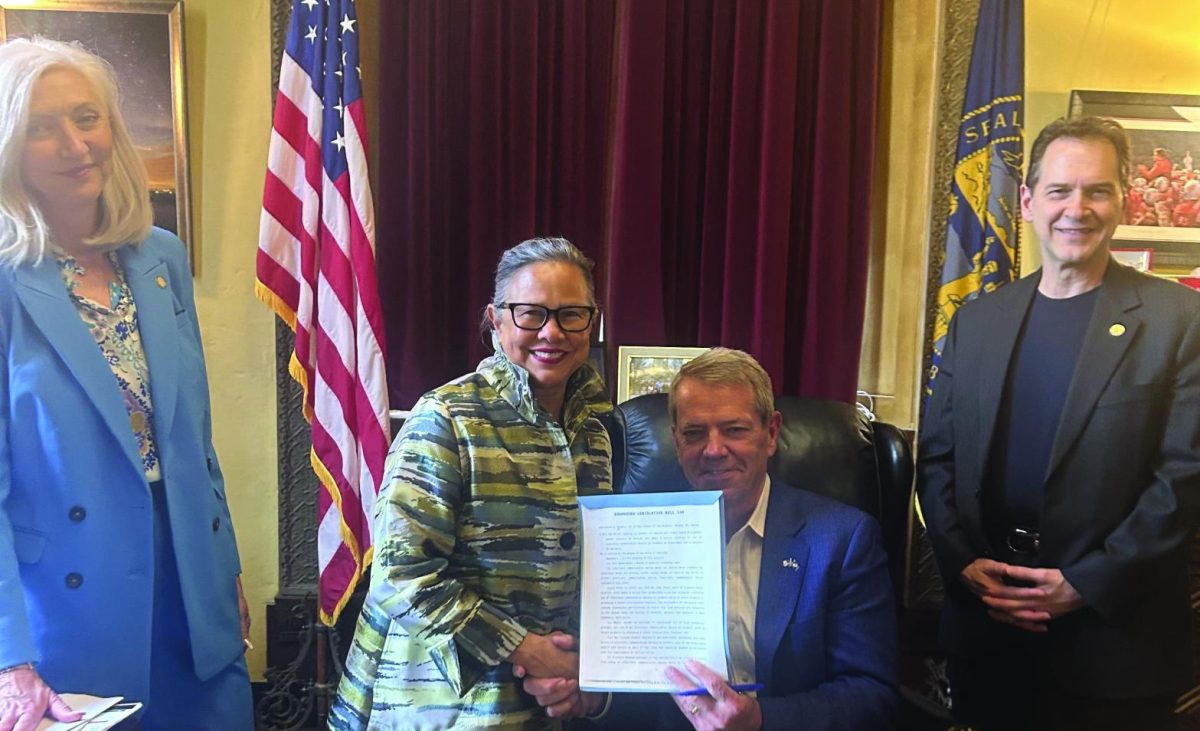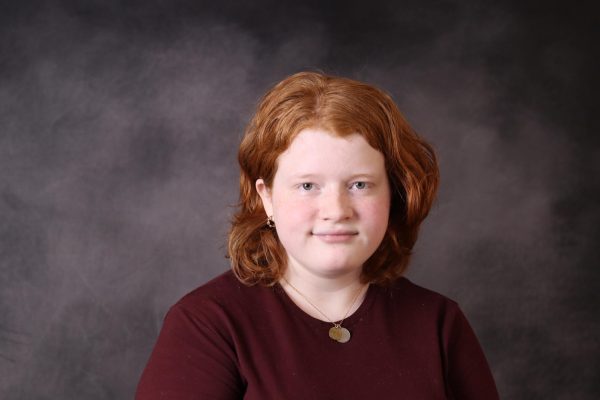Youth Participatory Action Research, also known as YPAR, was brought to Lincoln Southeast last year with the goal of inspiring and pushing students to pursue potential in researching what they’re passionate about. Whether that’s bringing about change in their community or contributing to a cause, all students in YPAR have a goal they’re getting closer to through their research projects.
LSE English teacher and Department Chair, Adriana Martinez, was the person who started YPAR at LSE. While juggling teaching and being on school committees, she makes time to meet with her YPAR students every club day, and twice between those meetings. Martinez said that, through YPAR, she hopes students can see that they have the power to influence and shape the community they love and live in.
“I want them to feel empowered and have tools used to make change,” Martinez said.
Something Martinez is able to provide to her researchers is a push in the right direction. Currently, students are in the process of making collages that help them visualize what research topic they might be passionate about pursuing.
“I have researchers rip out headlines, stories, and pictures that speak to them in some way (…) themes came out like racial identity, queerness, mental health, and environment,” Martinez said.
Last year, YPAR participants Quincy Soto (11), Jess Garza (11) and Levi Baker (12) discovered their interest in the jarring lack of queer topics and ideas within high school curriculum. Through their research projects, they hope to implement changes to fix this problem.
Martinez explains that “While many educators have the same values that these three researchers have, the scope of the issue can be overwhelming, and there are not currently a lot of resources for teachers.“
The three student researchers plan on making things more manageable for educators by going through lessons and materials and incorporating information related to the LGBTQ+ where it’s needed; then presenting the new curriculum with all of the research already done.
Soto has been working on this project (which he calls “Queericulum”) since last year. The scope of it is so large that it’s carrying into the 2023-2024 YPAR cycle.
“In a world where LGBTQ+ people are constantly the victim of hate-fueled crimes, and where laws are put into place that are made to discriminate against us, I believe it is extremely important to be educated,” Soto said.
According to Soto, being able to work on changing high school curriculum is important to him because “As a queer student, I feel very connected to this topic and resonate with its importance.”
Soto explains that even trying to figure out what steps to take in order to change curriculum is not a simple feat. “Even just getting access to different curricula is challenging for students,” Soto said.
Even though these challenges can be irritating and laborious, the YPAR group stays positive.
Soto explains that the atmosphere and community is his favorite part of YPAR, saying “To be surrounded by a group of my peers that are also striving towards enacting a sort of change in our community is so fun and eye-opening. I also really just enjoy the people that are in the group, because working with friends always makes the research less tedious.”
Martinez agrees that having each other as company is extremely important for all students in YPAR and researchers in general.
“In those moments when they’re losing hope or wondering if it maybe isn’t worth it, they can lean on each other, like ‘No, it does matter. This matters’, and that’s really valuable to the researchers,” Martinez said.
If any student is interested in a community such as this, or working towards change they feel is important, they can talk to Martinez. One opportunity to learn more about YPAR is asking Martinez if you could come to the annual UNL research presentation on April 29th.
YPAR is still new and always growing and changing, but the one constant is that the purpose of YPAR is to put power in the hands of youth.
“The unfortunate reality is, often young adults aren’t taken seriously. But what YPAR is and believes, is that youth not only have crucial insight on problems in the community but also that youth are uniquely positioned to address problems,” Martinez said. “So, while I help teach research methods and support, the important thing to understand is that students’ vision is the core – and I don’t think there are a lot of opportunities or spaces in which that happens.”

